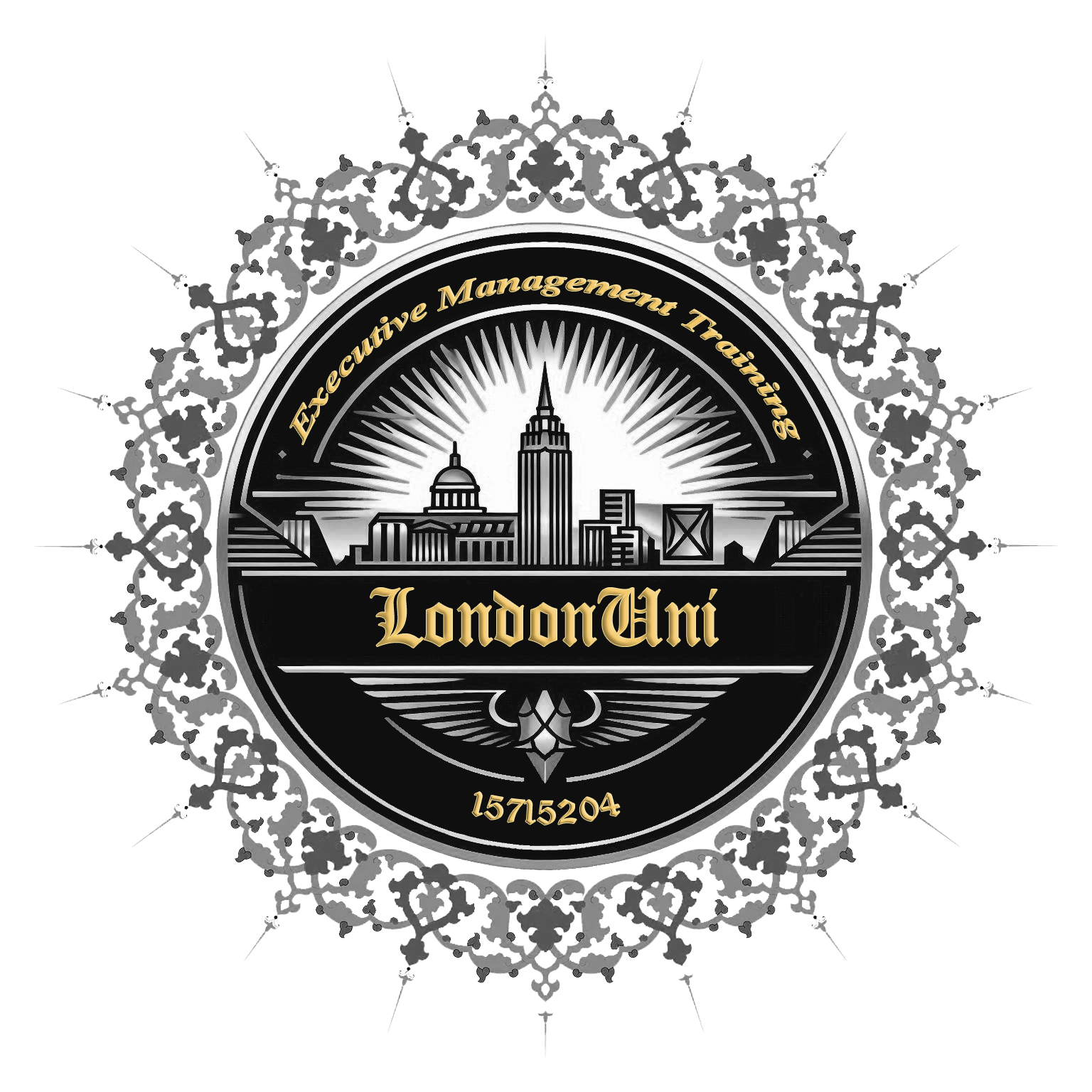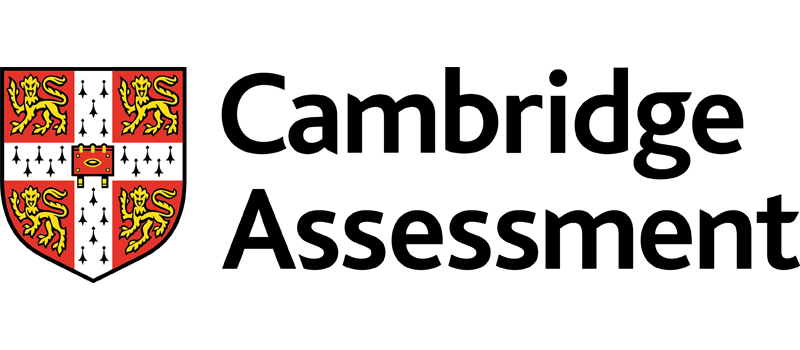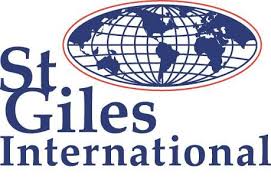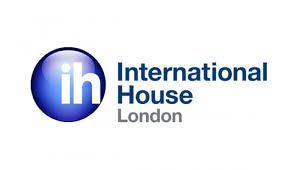
Ethical Leadership and Corporate Responsibility
Course ID: 2509080101173ESH
Course Dates : 08/09/25 Course Duration : 5 Studying Day/s Course Location: London, UK
Language: Bilingual
Course Category: Professional and CPD Training Programs
Course Subcategories: Leadership and Management Excellence
Course Certified By: ESHub CPD & LondonUni - Executive Management Training
* Professional Training and CPD Programs
Leading to:
Executive Diploma Certificate
Leading to:
Executive Mini Masters Certificate
Leading to
Executive Masters Certificate
Certification Will Be Issued From :
From London, United Kingdom
Course Fees: £5,120.30
Vat Not Included in the price. VAT may vary depending on the country where the course or workshop is held.
Click to Pay
Date has passed please contact us Sales@e-s-hub.com
Course Information
Introduction
In an era where corporate scandals, environmental crises, and social inequities dominate headlines, the role of ethical leadership and corporate responsibility has never been more critical. Organizations are increasingly expected to align their operations with societal values, ensuring that profit motives do not overshadow ethical considerations. This course addresses the pressing need for leaders who can navigate complex moral landscapes while fostering sustainable growth. Drawing on seminal works such as Lawrence Kohlberg’s stages of moral development and Carol Gilligan’s ethics of care, this program emphasizes the importance of embedding ethical principles into decision-making processes at all organizational levels.
The gap between theory and practice in ethical leadership often stems from a lack of structured frameworks and actionable strategies. Many professionals find themselves unprepared to handle dilemmas involving conflicting stakeholder interests or ambiguous regulatory environments. For instance, the Volkswagen emissions scandal highlighted how lapses in ethical oversight can lead to catastrophic consequences for both companies and society. By equipping participants with tools like the Triple Bottom Line (People, Planet, Profit) framework and ISO 26000 guidelines for social responsibility, this course bridges the divide between abstract ideals and practical implementation.
Mastering the content of this course offers profound benefits for individuals and organizations alike. Leaders trained in ethical practices are better positioned to build trust among employees, customers, and communities, which translates into long-term brand loyalty and financial stability. On an individual level, participants will enhance their reputations as principled decision-makers, opening doors to career advancement and leadership opportunities. Furthermore, organizations that prioritize ethical leadership tend to experience lower employee turnover rates and improved workplace morale, as evidenced by studies conducted by Harvard Business Review and Deloitte.
Real-world examples underscore the transformative potential of ethical leadership. Consider Patagonia, a company renowned for its commitment to environmental sustainability. Through initiatives like donating 1% of sales to ecological causes and encouraging consumers to repair rather than replace products, Patagonia demonstrates how corporate responsibility can drive innovation and market differentiation. Similarly, Unilever’s Sustainable Living Plan showcases how integrating ethical practices into core business strategies can yield significant returns—both financially and socially. These case studies serve as powerful illustrations of the concepts explored throughout the course.
Ethical leadership also intersects with emerging trends such as artificial intelligence, climate change mitigation, and diversity, equity, and inclusion (DEI). As automation reshapes industries and global challenges intensify, leaders must grapple with questions about fairness, transparency, and accountability. The course delves into these contemporary issues, offering insights into managing AI-driven workforce changes ethically and designing inclusive policies that reflect diverse perspectives. Participants will explore how frameworks like the United Nations’ Sustainable Development Goals (SDGs) provide a blueprint for addressing systemic inequalities and fostering resilient communities.
Ultimately, this course is designed to empower professionals to become catalysts for positive change within their organizations and beyond. By blending theoretical foundations with practical applications, it equips participants with the skills needed to champion ethical practices in dynamic and challenging environments. Whether navigating internal conflicts or responding to external pressures, graduates of this program will emerge as confident and competent stewards of corporate integrity and social responsibility.
Objectives
By attending this course, participants will be able to:
Analyze ethical dilemmas using established frameworks such as virtue ethics, deontology, and consequentialism.
Evaluate the impact of corporate decisions on stakeholders, including employees, customers, and the environment.
Design strategies for implementing corporate social responsibility (CSR) initiatives aligned with organizational goals.
Apply compliance requirements related to international standards, such as ISO 26000 and the UN Global Compact.
Implement inclusive leadership practices that promote diversity, equity, and inclusion across teams.
Assess the effectiveness of existing ethical policies and propose evidence-based improvements.
Develop communication plans to articulate ethical commitments to internal and external audiences effectively.
Who Should Attend?
This course is ideal for:
Mid-to-senior-level managers seeking to strengthen their ethical decision-making capabilities.
HR professionals tasked with fostering ethical workplace cultures and implementing DEI initiatives.
Consultants advising organizations on CSR strategies and sustainability reporting.
Entrepreneurs aiming to embed ethical practices into the foundation of their startups.
These groups will find the course invaluable as it provides them with the knowledge and tools necessary to address real-world challenges while enhancing their professional credibility. While prior exposure to ethics-related topics is beneficial, the course is structured to accommodate beginners and intermediate learners, ensuring accessibility without compromising depth.
Training Method
• Pre-assessment
• Live group instruction
• Use of real-world examples, case studies and exercises
• Interactive participation and discussion
• Power point presentation, LCD and flip chart
• Group activities and tests
• Each participant receives a 7” Tablet containing a copy of the presentation, slides and handouts
• Post-assessment
Program Support
This program is supported by:
* Interactive discussions
* Role-play
* Case studies and highlight the techniques available to the participants.
Daily Agenda
Daily Schedule (Monday to Friday)
- 09:00 AM – 10:30 AM Technical Session 1
- 10:30 AM – 12:00 PM Technical Session 2
- 12:00 PM – 01:00 PM Technical Session 3
- 01:00 PM – 02:00 PM Lunch Break (If Applicable)
- Participants are expected to engage in guided self-study, reading, or personal reflection on the day’s content. This contributes toward the CPD accreditation and deepens conceptual understanding.
- 02:00 PM – 04:00 PM Self-Study & Reflection
Please Note:
- All training sessions are conducted from Monday to Friday, following the standard working week observed in the United Kingdom and European Union. Saturday and Sunday are official weekends and are not counted as part of the course duration.
- Coffee and refreshments are available on a floating basis throughout the morning. Participants may help themselves at their convenience to ensure an uninterrupted learning experience Provided if applicable and subject to course delivery arrangements.
- Lunch Provided if applicable and subject to course delivery arrangements.
Course Outlines
Foundations of Ethical Leadership
Introduction to ethical theories and their relevance in modern business.
Understanding stakeholder theory and its implications for leadership.
Exploring the relationship between ethics and organizational culture.
Case study analysis: Lessons from historical corporate failures.
Day 2:
Corporate Social Responsibility (CSR) Frameworks
Overview of CSR principles and their alignment with business objectives.
Examining global standards: ISO 26000 and the UN Global Compact.
Developing measurable CSR goals and KPIs.
Group activity: Designing a CSR initiative for a hypothetical organization.
Day 3:
Compliance and Legal Considerations
Navigating regulatory frameworks governing corporate behavior.
Understanding anti-corruption laws and whistleblower protections.
Addressing data privacy and cybersecurity concerns ethically.
Role-play exercise: Responding to a simulated compliance breach.
Day 4:
Inclusive Leadership and Diversity
Defining diversity, equity, and inclusion (DEI) in professional contexts.
Strategies for mitigating unconscious bias in hiring and promotion.
Building psychologically safe work environments.
Panel discussion: Best practices for fostering inclusivity.
Day 5:
Communicating Ethical Commitments
Crafting transparent and authentic messaging around ethical values.
Leveraging storytelling to engage stakeholders in CSR efforts.
Crisis management and reputation repair during ethical breaches.
Final project presentations and feedback sessions.



















































